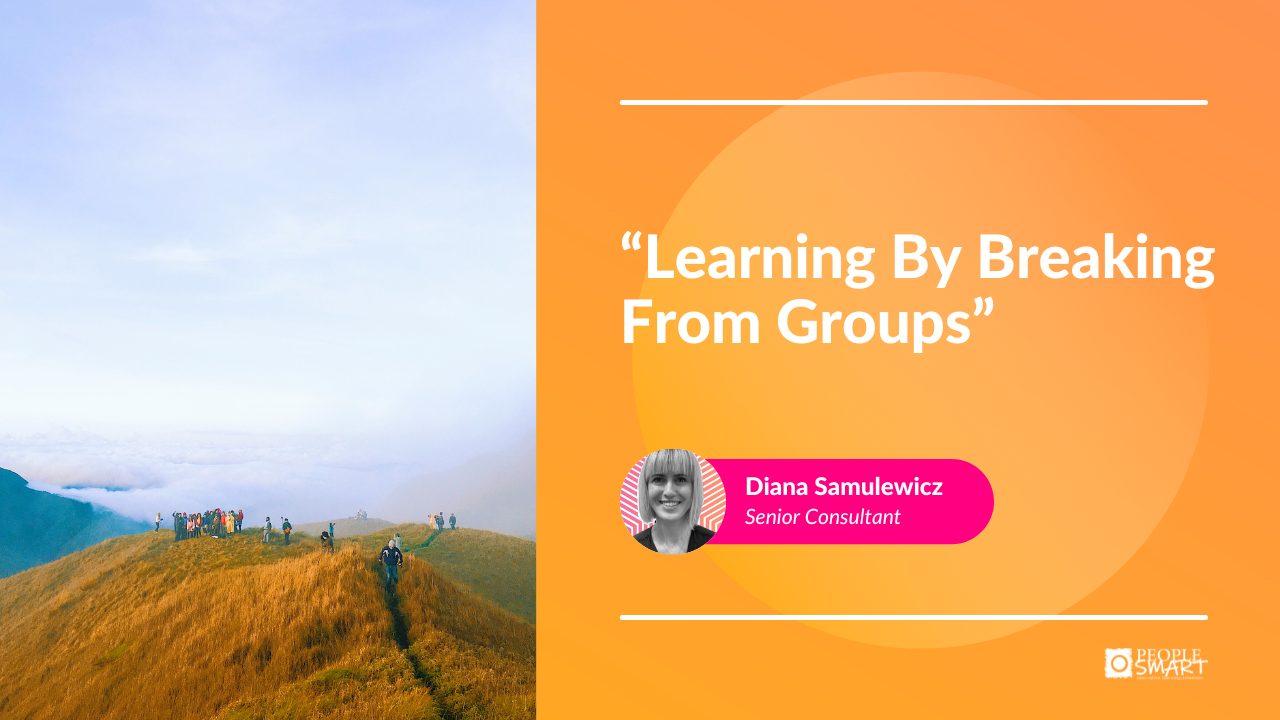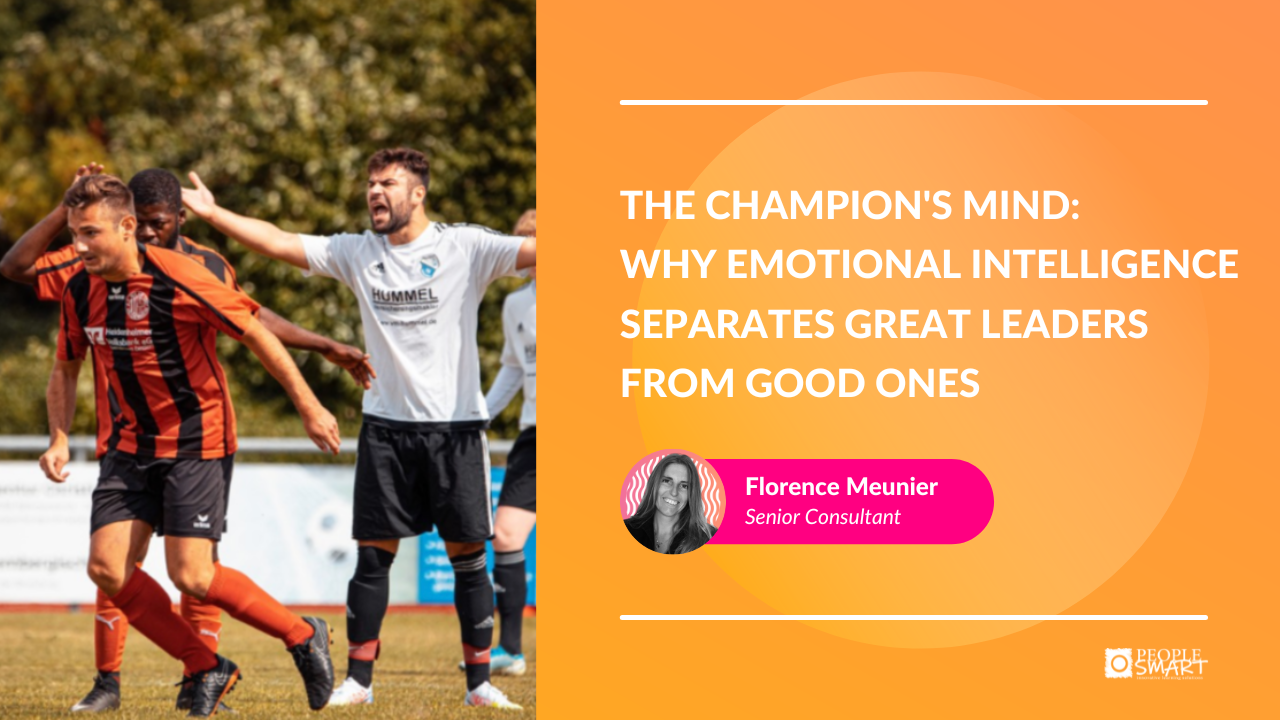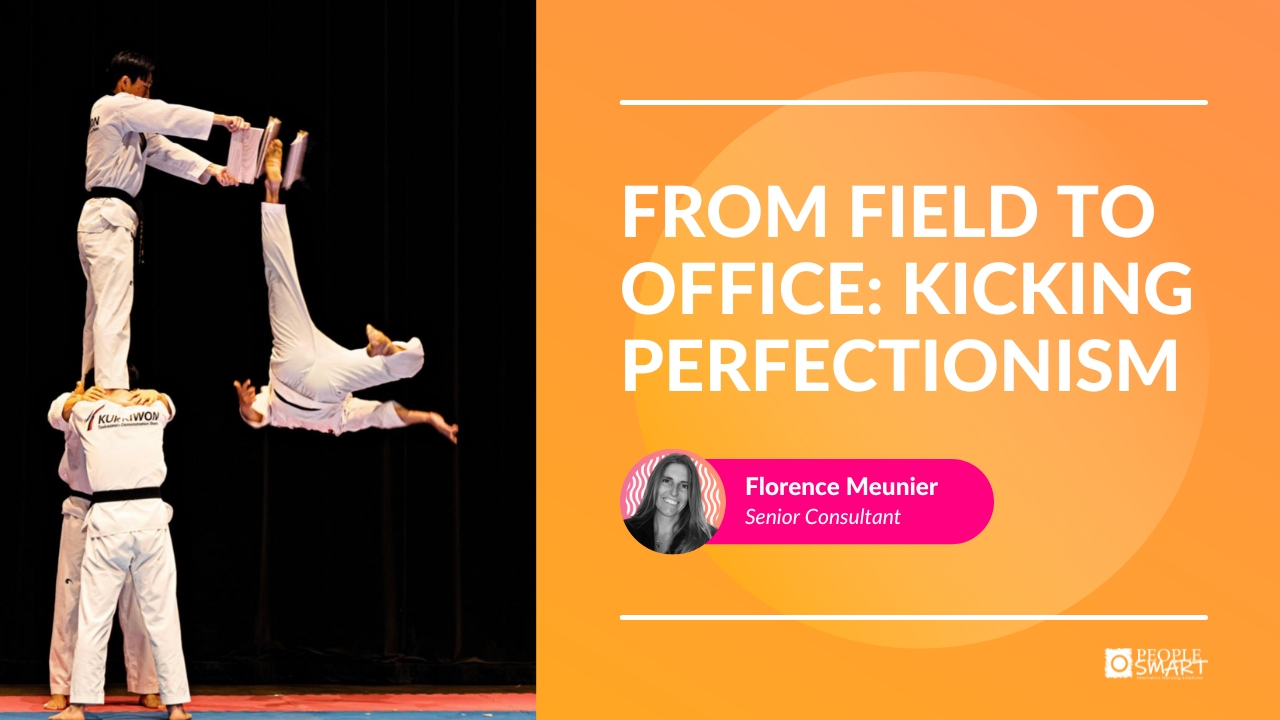After the COVID-19 pandemic, our conventional view of work and employers as central to employees’ sense of value has been challenged. Recognizing the crucial role of organizational belonging in maintaining employee morale, well-being, and productivity and supporting learning and growth, employers are increasingly prioritizing strategies to strengthen the sense of belonging among their workforce. As coaches we can aid implementing the strategies by helping our clients make meaning of their sense of ‘belonging’ and ‘not belonging’ to learn, plan actions, grow and thrive.
Why ‘belonging’ matters
People want to belong. Baumeister and Leary say it’s a basic human need for survival and protection. Neuroscience studies show that social interactions trigger the pleasure centres in our brains, while rejection activates pain-related neural pathways. I recall being invited to attend a workshop and joining a large group, where among other developments, the facilitator forgot to assign me to a breakout group. The omission lead to an awkward moment, and while I stayed cool and collected, the sense that it was a signal that I did not belong to the group, was a deeply somatic and physically painful experience.
Some theories suggest that belonging is important for reasons beyond survival, like pragmatic cooperation to achieve common goals or validating our self-concept,,. Social bonds can also reduce uncertainty about who we are, especially during times of uncertainty. This statement reminds me about the time of when I was transitioning from employment to self-employment. Joining a small, virtual group of Christian entrepreneurs, provided me not just with words of encouragement and a sense of shared experience, but also helped me develop a new identity among a group that welcomed me and rooted for me.
Waller, outlined criteria for workplace belonging, saying that feeling like you belong at work comes down to having quality social relationships that make individuals feel valued and validated. The criteria also include a perceived value within the organization, fulfilling growth, competence, and achievement needs, and fostering a sense of capability, credibility, and contribution to the organization. Furthermore, shared characteristics, like age, gender, ethnicity, and educational, professional or social background also play a role in fostering belonging. Pickett et al. highlight that belonging is about both fitting in and feeling unique, while Yakhlef points out that the physical workspace spaces and practices can also impact belonging. Joining the PeopleSmart consultants community resembles the notion for me – I met individuals who like me, relocated a number of times and lived and worked in countries not of their origin, who are passionate about learning and collaboration, while also unique in their professional and life pathways, personalities and approaches, welcoming uniqueness of each other in the network.
In essence, belonging at work is a multifaceted concept that significantly impacts individual experiences and organizational dynamics. It serves as a gateway to social learning, offering opportunities for observation, imitation, and experimentation, while also functioning as a mirror, reflecting not only external perceptions but also shaping our internal self-concept. By understanding the nuances of belonging and implementing strategies to promote inclusivity, organizations, coaches and consultants can create environments where employees feel valued, respected, and motivated to contribute to collective goals.
The flip side: ‘not belonging’
While belonging fosters learning and development of a stable sense of self, its opposite, the Sense of Not Belonging (SoNB), represents a feeling of being an outsider or not fitting in, arising from perceived deficiencies in relationships or contributions. The sense of not belonging can be built on both subjective and objective perceptions of abilities and competence and can develop from various experiences, ranging from explicit rejection to implicit exclusion, profoundly impacting self-concept and emotional resilience. Waller’s comprehensive conceptualization of SoNB sheds light on its emotional, cognitive, and behavioural dimensions in the workplace. This perception not only undermines self-esteem and self-efficacy but also fuels an internal conflict as individuals attempt to reconcile their emotional responses with distorted perceptions of rejection with the picture of self they had been holding. This internal turmoil can hinder individuals’ ability to express their identities and fully engage in their roles. Factors like how central work is to someone’s identity and their life outside of work can further influence these feelings.
However, at times individuals may come to the conclusion that they are ready to step outside of a group, or that they no longer feel as if they belonged. They may realise that belonging comes with both benefits and costs and that professional and inner growth often involves breaking the boundaries of a group. While this can lead to guilt and feelings of disloyalty, it allows individuals to move to new terrains and gain new perspectives, responses, behaviours, and narratives. One needs to belong in groups to learn and grow by breaking from the groups. At times, the power of perceived non-belonging may lead individuals to a reflection on their values, needs and strengths and become intentional in their career and life choices, paradoxically unlocking the transformative potential inherent in every individual’s personal and professional journey.
Whenever my coaching clients mention they are ready for change or a new role but do not know what that would look like, I encourage them to venture out. I inquire about stepping outside of their “patch” and exploring what other “patches” are in the garden they occupy, or even outside of the garden boundaries, to see what emerges on the horizon. Through cross-functional projects, shadowing, interviews, attending training, or taking career breaks, one can break from a group and visit new groups, and in this way, a new sense of direction, purpose, and identity emerges for my clients.
Navigating the terrain: strategies for growth
Belonging involves experiencing entering or being stopped by group boundaries as well as group dynamics, but individuals aren’t powerless. Instead of just trying to fit in, people can actively shape their identities within the organization. This might involve adopting various constructive coping strategies such as seeking a way in which one can add value or reconciliation and integration of one’s experience, which involves reflection, new narrative and action.
As consultants and coaches we can be incredibly helpful in this process. The experience of ‘belonging’ and ‘not belonging’ can often be emotionally charged and working with a coach, can help take a step back from the experience. A critically reflective conversation with a coach on the experience can lead to a new perspective, energy shift or renewed direction for action. A coach can also help one realised that they can contribute to building their sense of belong by developing relational skills, strengthening their sense of identity, and an appreciation for group social norms and values. In our practice, as coaches we can guide clients through their inner reflections and interpersonal dynamics, helping them become better managers, professionals, and more intentional human beings. We also help clients adopt constructive coping strategies, fostering personal growth and resilience.
Navigating the complex dynamics of belonging and not belonging is key to professional and personal development. By embracing these complexities and leveraging such development methods as coaching, psychometric assessments, and relationship-building training, organizations can support employees in becoming more self-aware and capable of thriving in their roles.
Diana Samulewicz, in memory of Michael Banks, who was meant to co-author this article.
July 2024






